The post Durga Puja violence against Hindus in Bangladesh has found disturbing resonance in neighbouring Tripura. The last few days have seen protests in the capital Agartala and other towns by the VHP and Hindu Jagran Manch, some of which have reportedly turned into mobilisations against local Muslims – the Tripura State Jamaat Ulama (Hind) has submitted a petition to the chief minister alleging that mosques and homes of Muslims were targeted by protestors. The BJP-led government must act firmly against the trouble-makers and not let extremists fan passions against the Muslim minority in Tripura, which shares a long border with Bangladesh. Tripura has its own social fault lines, a legacy of Partition and the migration in its wake, which fuelled a violent insurgency in the 1990s. The past few years of peace have helped the state to rebuild its economy and emerge as a key player in India’s Act East policy, the bedrock of which is friendly relations with Myanmar and Bangladesh. It is a cause for concern that after nearly two decades of relative peace, the Northeast has started to simmer again. Old fault lines – of land, language, ethnicity, faith – have once again started to shape political mobilisations in the region. The hardening of narrower identities is now visible in Assam and Meghalaya, with the state governments acting as acilitators of this unhappy trend. The antioutsider politics in Meghalaya has got a fresh lease of life with the attempt to evict a small Dalit Sikh community from their century-old settlement in Shillong.
The peace deal with the NSCN-IM in Nagaland has reached a deadlock over the rebel position on the national flag and a separate constitution. Some of these are legacy issues and can be resolved only through dialogue and by exploring out-of-the box solutions within a federal framework. The region’s distinct social history and its encounter with colonialism militates against the imposition of unitary notions of identity. Politicians exploit these fault lines for petty electoral gains at great cost to the nation.
Bangladesh, which has outpaced India in improving development indices in recent years, has been alert to the emergence of majoritarian religious extremism and has cracked down firmly on Islamist groups. The Sheikh Hasina government has been quick to reach out to the Hindu community after the Durga Puja violence – several arrests have been made and ministers have been visiting affected Hindu families. Such outreach can help heal strained relations between communities. There’s a lesson here for leaders across the border as well.


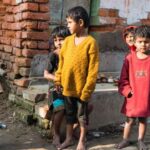
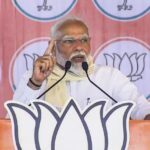
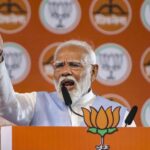

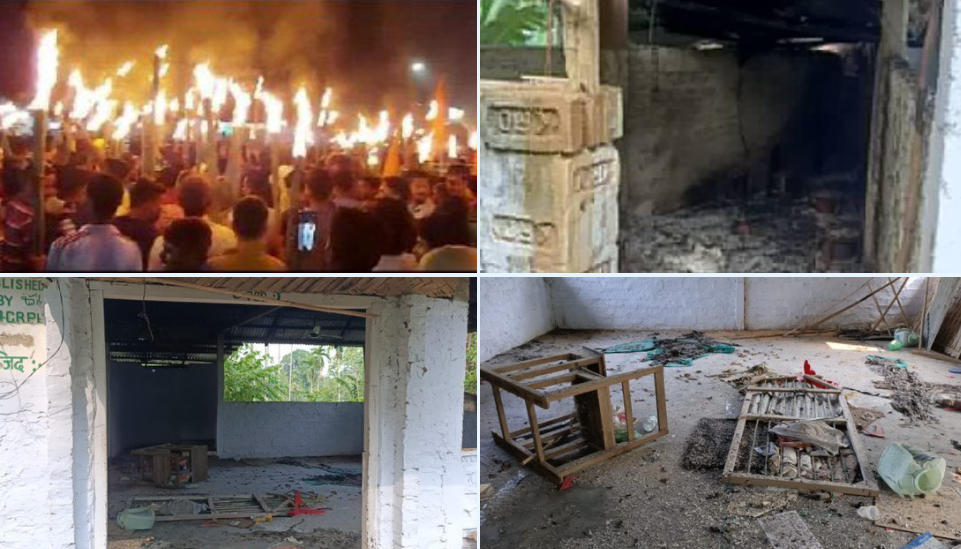


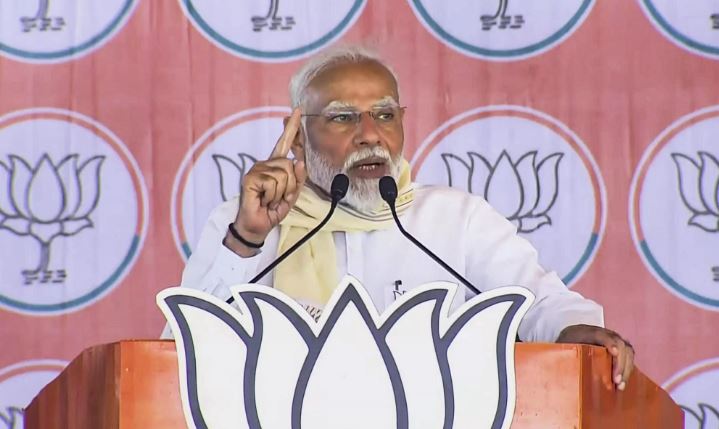
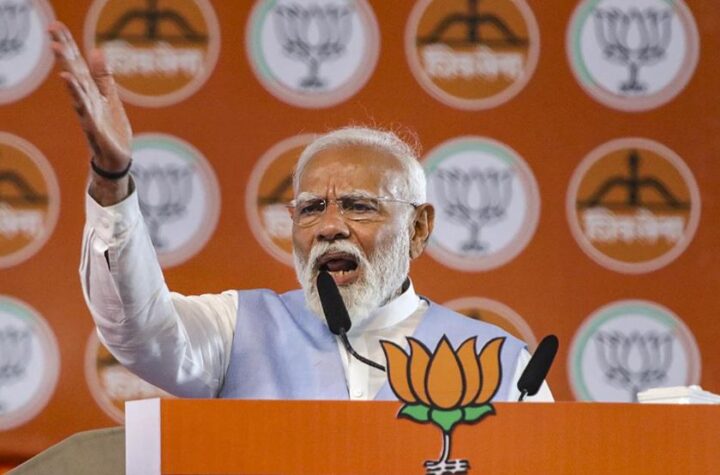
More Stories
Low vision clinic inaugurated at AIIMS Bhubaneswar
Urban education programme comes in handy for Odisha’s tribal, dalit kids
Now country ‘aatank’ struggling for ‘aata’: PM